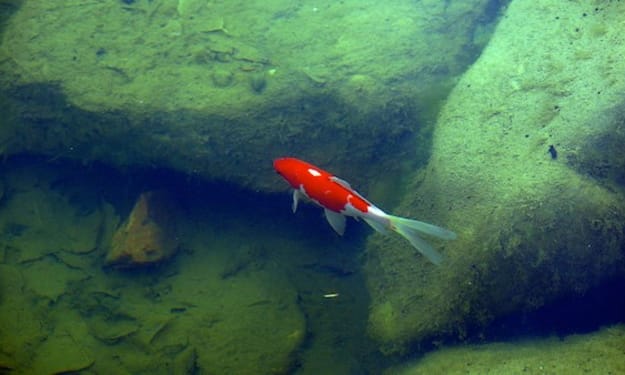Improving Air Quality
Importance of Native plants in improving Air Quality
Gardening is important for a number of reasons. First, it is a great way to connect with nature and get some fresh air and exercise. Gardening can also be a stress-relieving activity that helps individuals relax and unwind.
In addition, gardening can have a positive impact on the environment. By planting native plants and using sustainable gardening practices, individuals can help improve soil health, promote biodiversity, and reduce the use of harmful chemicals.
Finally, gardening can also provide individuals with fresh, healthy food. Growing fruits and vegetables at home can help reduce the carbon footprint associated with transportation and packaging, and can provide individuals with a source of nutritious, fresh food.
Overall, gardening is an enjoyable and rewarding activity that can have a positive impact on both individuals and the environment.
One summer day, I was sitting outside on my porch and noticed that the air quality was really poor. I could smell the exhaust fumes from the nearby highway and it was making it difficult to breathe. I decided to take action and plant some trees and shrubs in my yard to help clean the air. I did some research and found that certain plants are particularly effective at removing pollutants from the air. I chose to plant a mix of evergreen trees, shrubs, and flowering plants that were native to my area. I also made sure to plant them strategically to create a barrier between my yard and the highway. Over time, I noticed a significant improvement in the air quality around my home. The plants had not only helped to reduce the amount of pollutants in the air, but they also provided shade and created a more peaceful and relaxing environment. I was proud to have made a small contribution to improving air quality in my community, and it inspired me to continue to find ways to live a more sustainable and environmentally-friendly lifestyle.
can help improve air quality in a number of ways. Plants absorb carbon dioxide and release oxygen through the process of photosynthesis. This means that by planting trees, shrubs, and other plants, individuals can help reduce the amount of carbon dioxide in the air and increase the amount of oxygen.
In addition, plants can help filter out pollutants from the air. Leaves and other plant surfaces can trap particles like dust, smoke, and other pollutants, helping to improve air quality. This is especially true for plants with large leaves or hairy surfaces.
Finally, gardening can help reduce the amount of emissions produced by transportation. By growing their own food at home, individuals can reduce the amount of food that needs to be transported long distances, which can help reduce the amount of emissions produced by cars, trucks, and airplanes.
Overall, gardening can be an effective way to improve air quality by reducing carbon dioxide levels, filtering out pollutants, and reducing the need for transportation.
Gardening can help improve air quality in a number of ways. Plants absorb carbon dioxide and release oxygen through the process of photosynthesis. This means that by planting trees, shrubs, and other plants, individuals can help reduce the amount of carbon dioxide in the air and increase the amount of oxygen.
In addition, plants can help filter out pollutants from the air. Leaves and other plant surfaces can trap particles like dust, smoke, and other pollutants, helping to improve air quality. This is especially true for plants with large leaves or hairy surfaces.
Finally, gardening can help reduce the amount of emissions produced by transportation. By growing their own food at home, individuals can reduce the amount of food that needs to be transported long distances, which can help reduce the amount of emissions produced by cars, trucks, and airplanes.
Overall, gardening can be an effective way to improve air quality by reducing carbon dioxide levels, filtering out pollutants, and reducing the need for transportation.
About the Creator
Enjoyed the story? Support the Creator.
Subscribe for free to receive all their stories in your feed. You could also pledge your support or give them a one-off tip, letting them know you appreciate their work.






Comments
There are no comments for this story
Be the first to respond and start the conversation.